You could hear a pin drop during Benjamin's presentation. The responses ranged from laughs, tears, and being on the edge of the seat-- sometimes all at once! Benjamin brought a great energy and was incredibly inspiring.
Vermont Association of Hospitals and Health Systems Helpful 4Benjamin Anderson
- Vice President, Rural Health and Hospitals, Colorado Hospital Association
Travels From
Colorado
Benjamin Anderson Speaker Biography
Benjamin Anderson is Vice President for Rural Health and Hospitals at the Colorado Hospital Association, where he provides leadership and direction in the development and execution of the Association's rural strategies, advocates on behalf of rural hospitals and health systems and works to develop strategic partnerships with organizations that affect the health of rural Americans.
Prior to joining CHA, Benjamin served as CEO of Kearny County Hospital a comprehensive rural health care delivery complex in Lakin, Kan. that serves patients of 30 nationalities within a 180-mile radius. Anderson is a recognized leader in transforming rural health care through a mission-driven approach to recruiting physicians to underserved areas, tying together domestic and international service. Kearny County Hospital is now at the forefront of innovations in health care delivery to improve care to underserved U.S. populations and his work was recently recognized on CBS Sunday Morning, and in POLITICO and Sports Illustrated.
Anderson was named to Becker's Hospital Review's Rising Star list of health care leaders under 40 and one of Modern Healthcare's 2014 Up and Comers. He earned a Bachelor of Arts in English (2004) and a Master of Business Administration (2007) from Drury University in Springfield, Mo. and a Master of Health Care Delivery Science degree from the Tuck School of Business at Dartmouth College in Hanover, N.H.
For more information on Benjamin Anderson, please contact Executive Speakers Bureau 901.754.9404.
A Path Forward: Thriving in Rural Health Care after COVID-19
Tying community engagement to diversity and health equity, Benjamin explores true stories of the amazing resiliency of rural communities amidst the formidable challenges of a pandemic. He will share the lessons learned through many interviews with rural health leaders and patients through the successful development of a post-COVID-19 nationally-released toolkit and playbook called “Re-Imagining Leadership: A Pathway for Rural Health to Thrive in a COVID-19 World” that was created in partnership with the Farley Health Policy Center. His empathetic and informative message will inspire and empower health leaders across the United States to align their efforts into inclusive coordinated strategies, leading to healthier care staff, patients, and communities.
Learning Objectives:
1. Participants will learn about health disparities between rural and urban Americans.
2. Participants will learn ways to address nine common challenge areas in rural health care delivery systems in the United States.
3. Participants will learn an approach for developing an effective and collaborative rural health equity strategy.
4. Participants will learn about a six-question tool to equip rural health leaders to advance health equity in their communities while ensuring the vitality of their organizations.
Burnout and Healing in the Face of a Global Pandemic
When a person exhibits noticeable declines in work performance, attitude, and interactions with others, their colleagues and organizations are often quick to blame, punish, or even terminate employment. Some employers intuitively connect these behavior changes to signs of burnout or emotional injury and offer individual coping resources, such as breathing exercises or courses in mindfulness and work-life balance. These efforts, while well-intended and important, can seem hurtful if the causes of burnout are structural as well as individual. In this session, Benjamin will use true stories of heroism and despair to humanize the impact of emotional injury and offer simple tools for structural changes that lead to recovery.
Learning Objectives:
1. Participants will learn the definitions and prevalence of burnout and moral injury in the context of health care delivery amidst COVID-19.
2. Participants will learn about the structural as well as individual contributors to burnout and moral injury among health care workers.
3. Participants will gain coping mechanisms for mitigating the individual impact of burnout and moral injury among health care workers.
4. Participants will gain tools to transform the systems that currently perpetuate burnout and moral injury among health care workers.
Left Out or Roped In?: Rural America’s Journey Toward Health Equity
As health equity has risen to the center of the national conversation over the past few decades, it has largely – whether intentionally or unintentionally – excluded rural America. Meanwhile, health care access in rural communities has significantly declined, leading to some of the worst health outcomes in the United States. Through a series of true and inspiring stories, Benjamin Anderson humanizes the glaring disparities that exist between rural and urban communities and describes the structural issues that perpetuate them. He offers hopeful and practical tools that empower leaders to be their own best advocates through the hard work and ingenuity that define the backbone of America.
Learning Objectives:
1. Participants will learn the definitions of health equity in the context of rural and frontier health care delivery.
2. Participants will learn about the structural contributors to geographic health disparities between rural and urban communities.
3. Participants will gain tools for measuring health disparities in their own organizations and communities.
4. Participants will gain tools to transform the systems that currently perpetuate those disparities, leading to health equity.
New Paradigm: Advancing Rural Health Equity Through Transformational Leadership
Health care access, socioeconomic status, health-related behaviors, and chronic conditions are each attributed to the growing health disparities between rural and urban communities across the United States. COVID-19 has put a spotlight on the fractures that already existed within rural communities, making the driving factors impossible to ignore. Solving these thorny problems requires the work of innovative, visionary, transformational leaders who effectively influence positive change in individuals and social systems. Through a series of true stories from his experiences from a decade leading a health care system in the 10th most remote town in the United States, Benjamin Anderson communities the beauty and challenges of rural America, offering practical tools that empower and equip its leaders to transform their own communities.
Learning Objectives:
1. Participants will learn about health disparities between rural and urban Americans.
2. Participants will learn the definition and importance of transformational leadership.
3. Participants will learn examples of how measurable health outcomes have been improving through transformational leadership.
4. Participants will gain tools for transformational leadership to apply in their own communities.

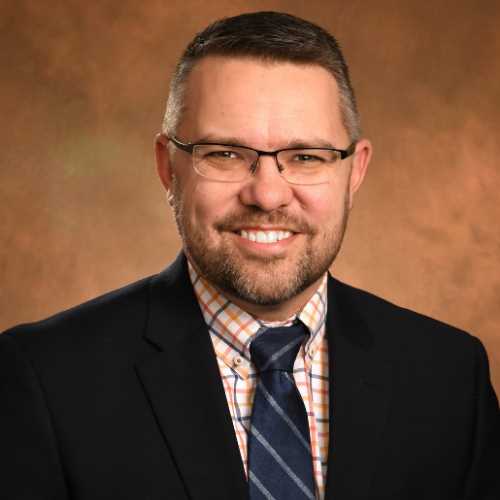
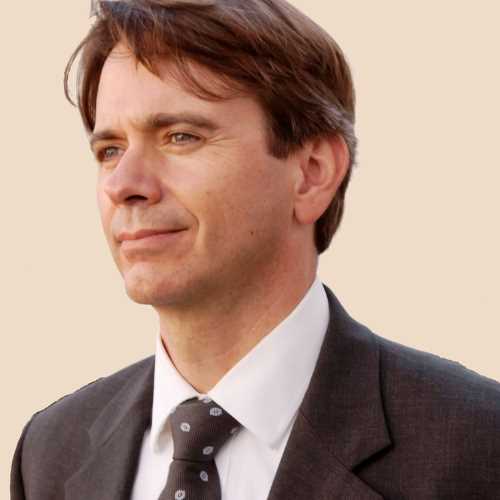
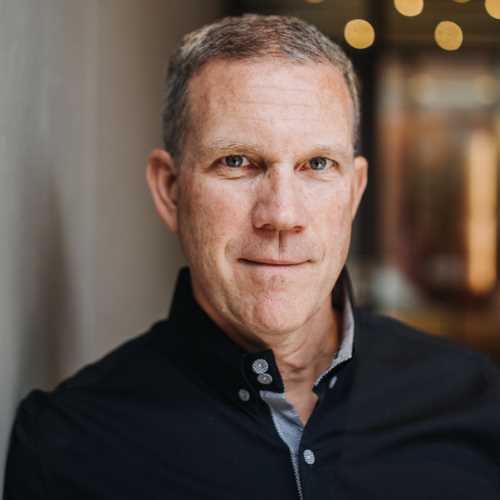
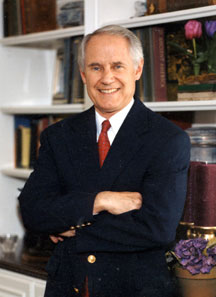
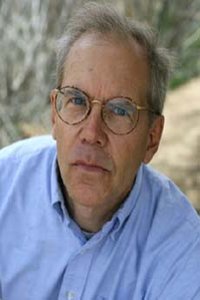
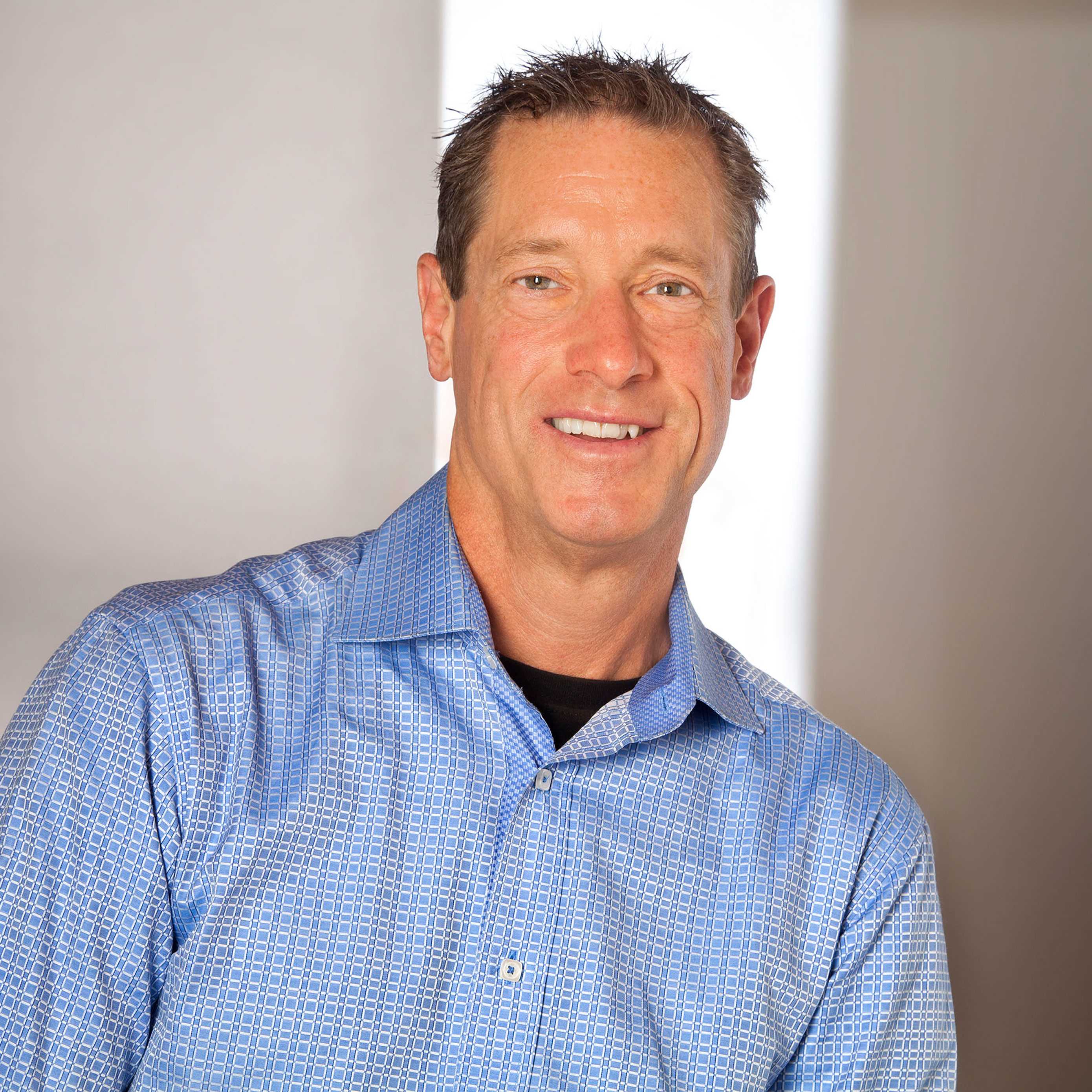
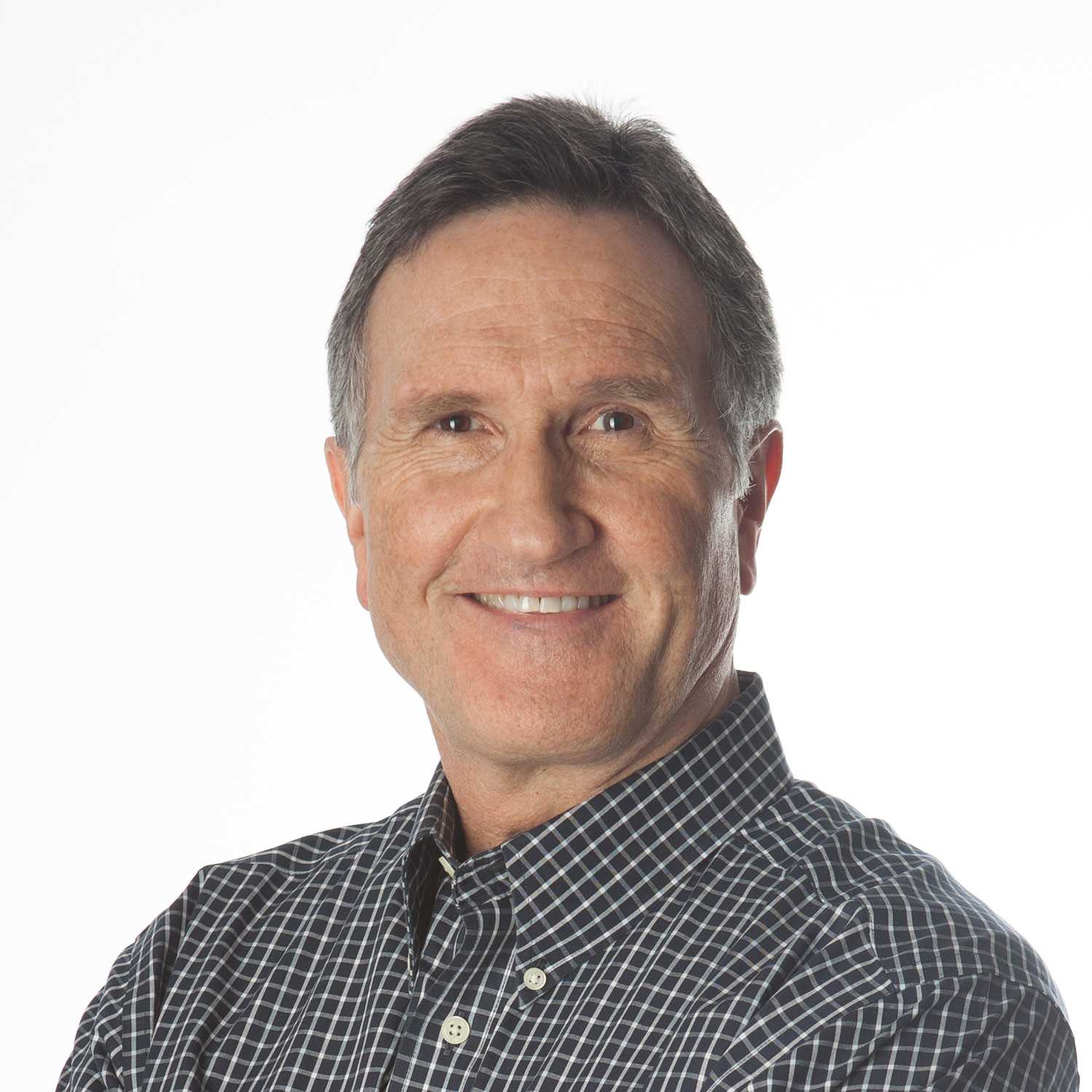

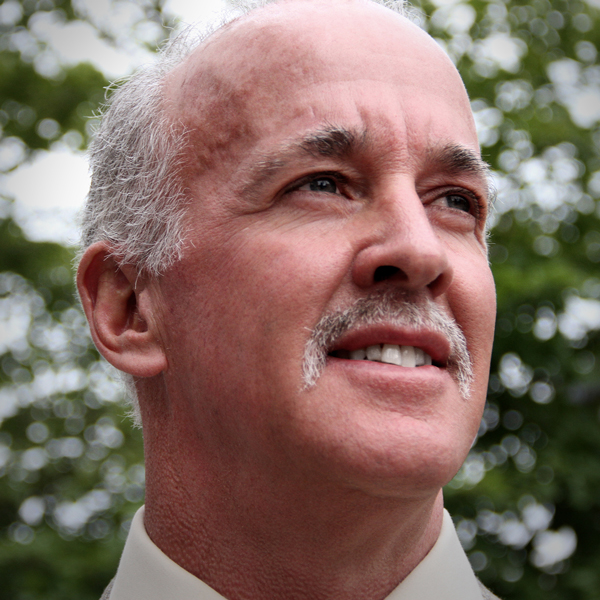
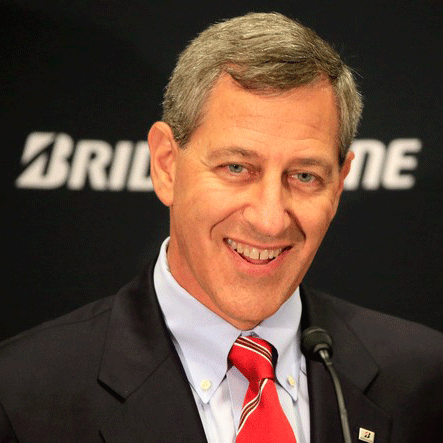
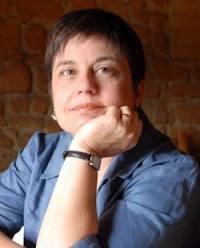
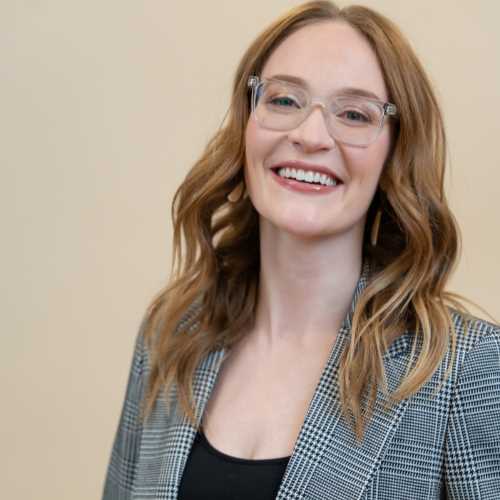
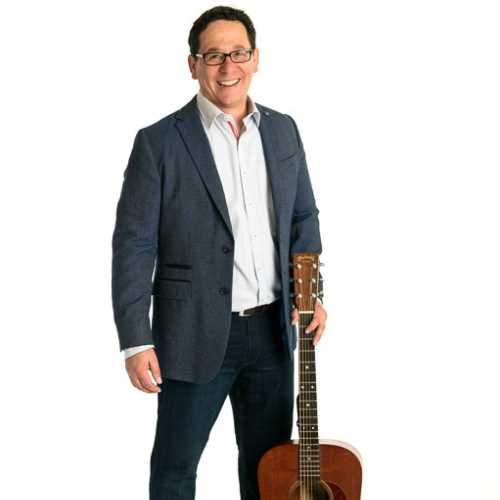




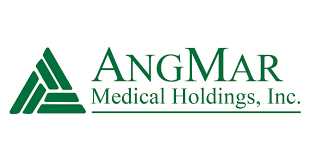

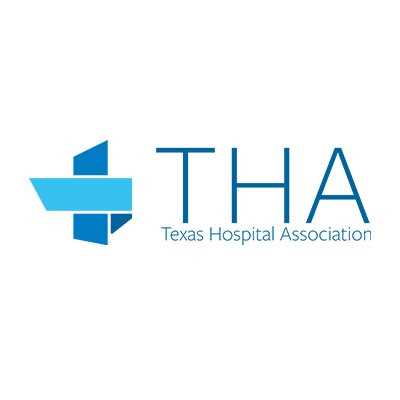

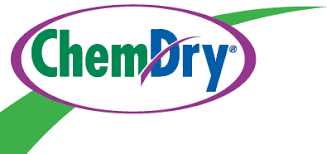
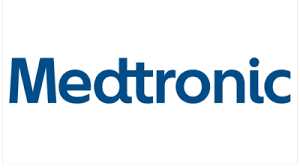

November 19, 2021
Ben hit a home run with our people. He knows rural health and has so much passion for it that everyone really engaged with him.
Oklahoma Hospital Association Helpful 0